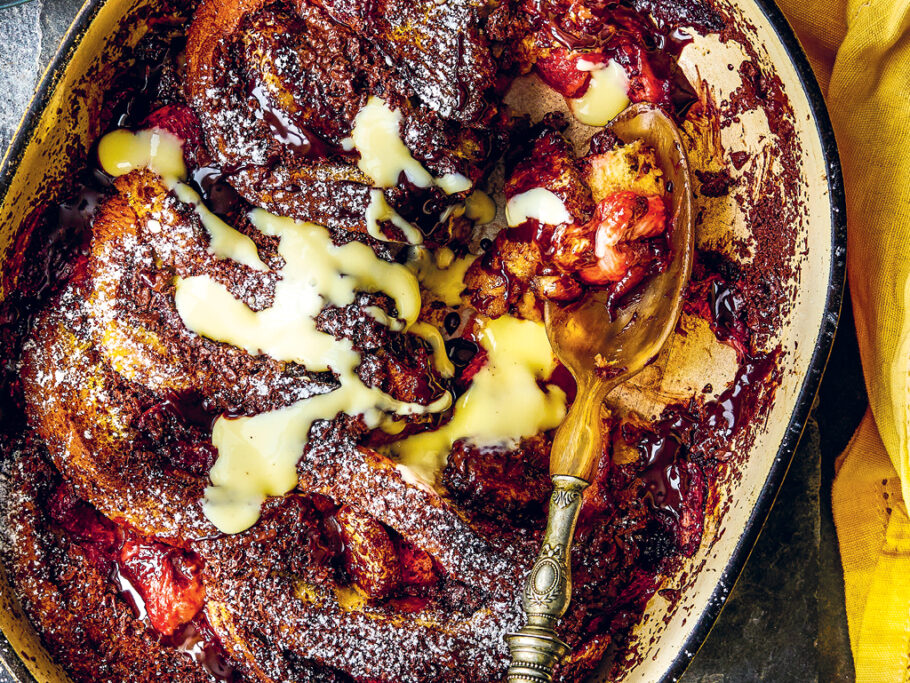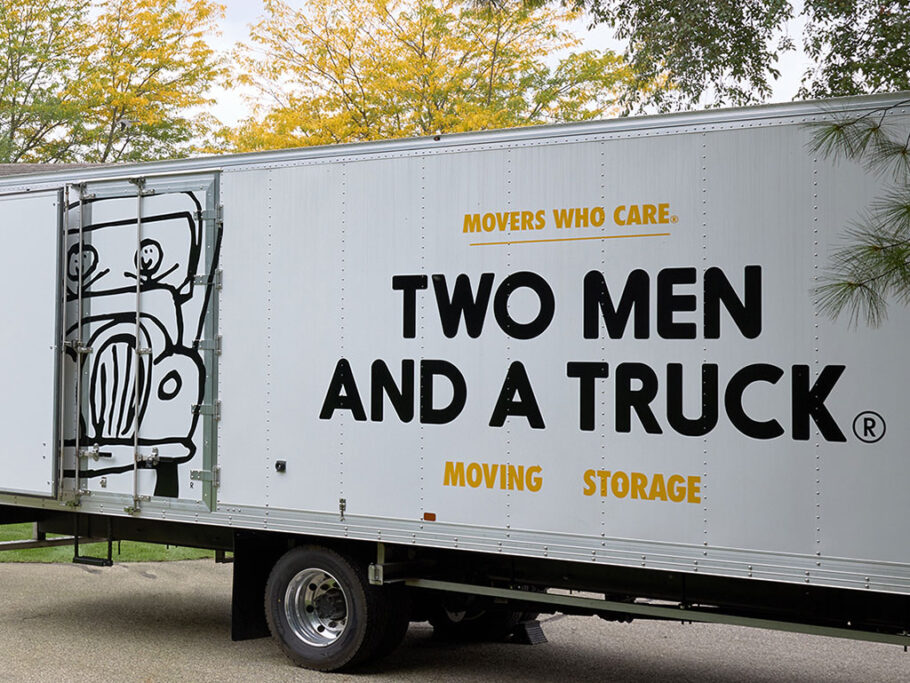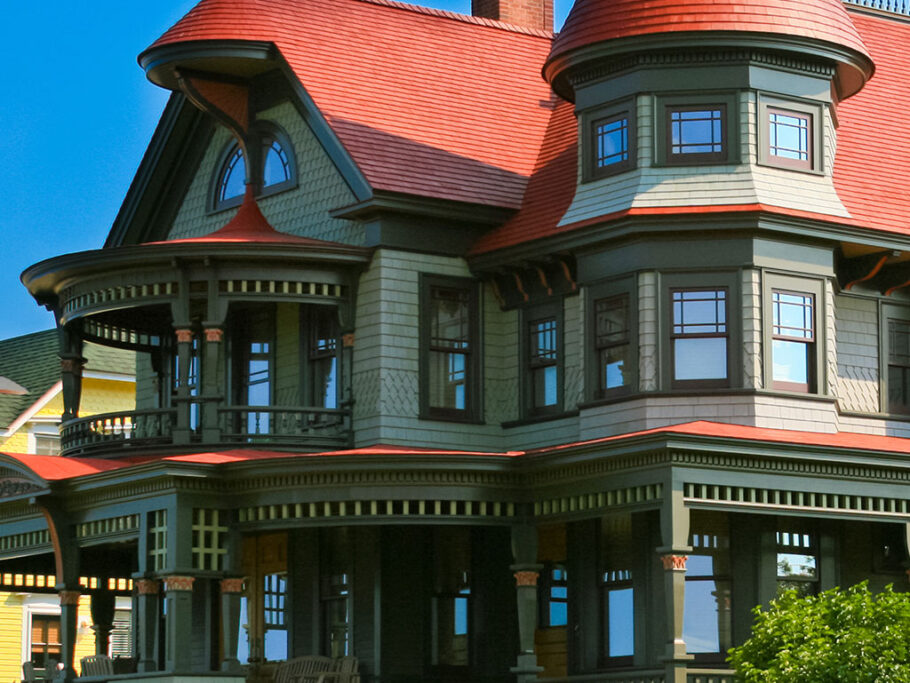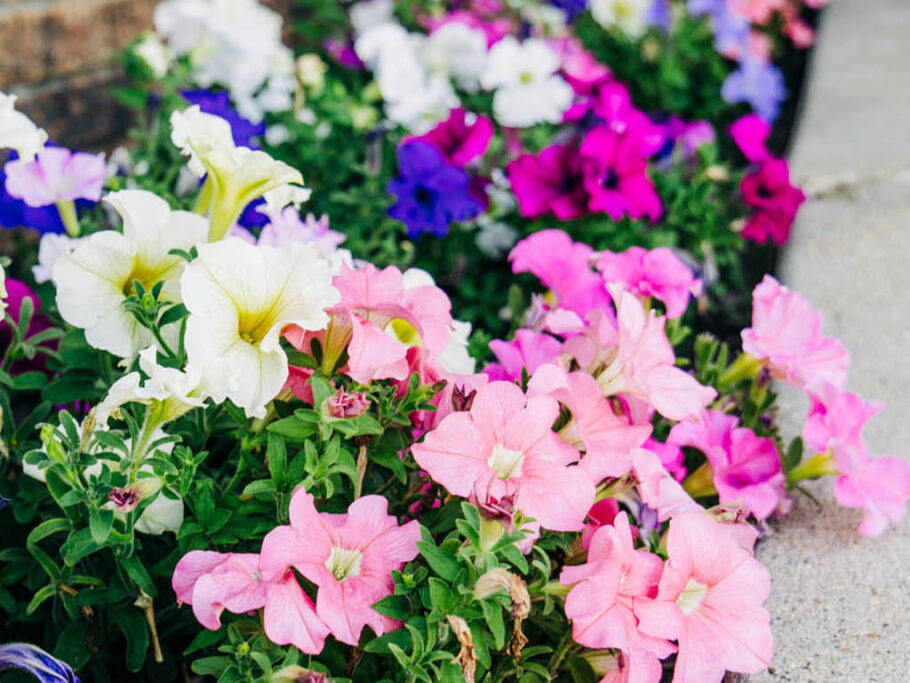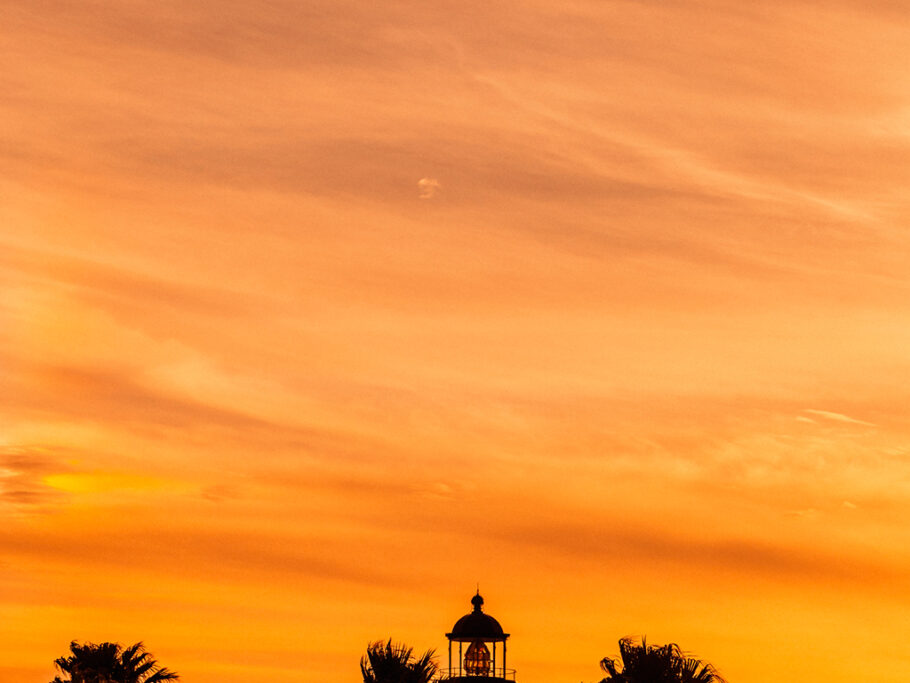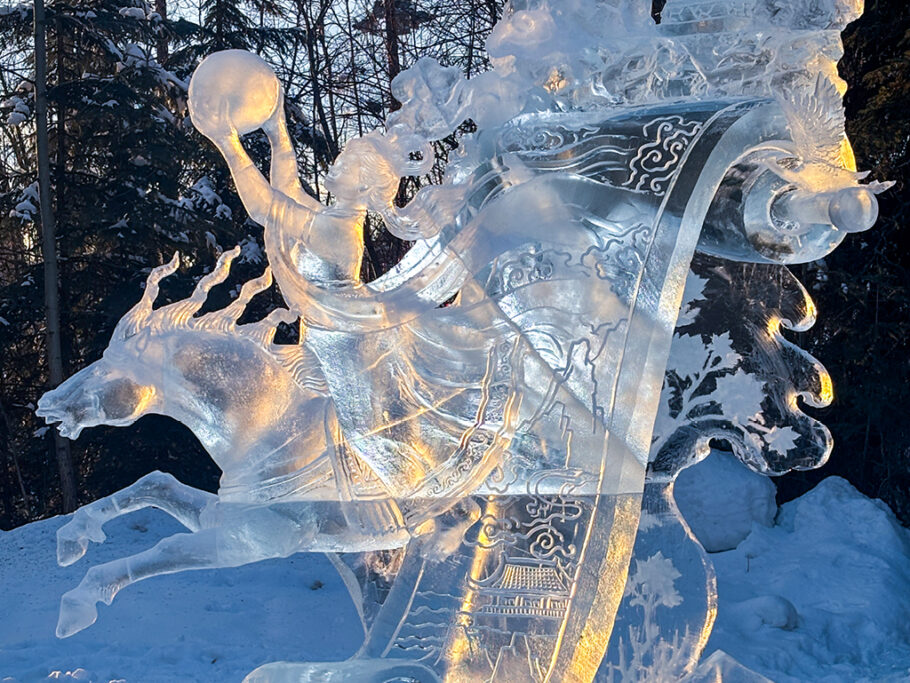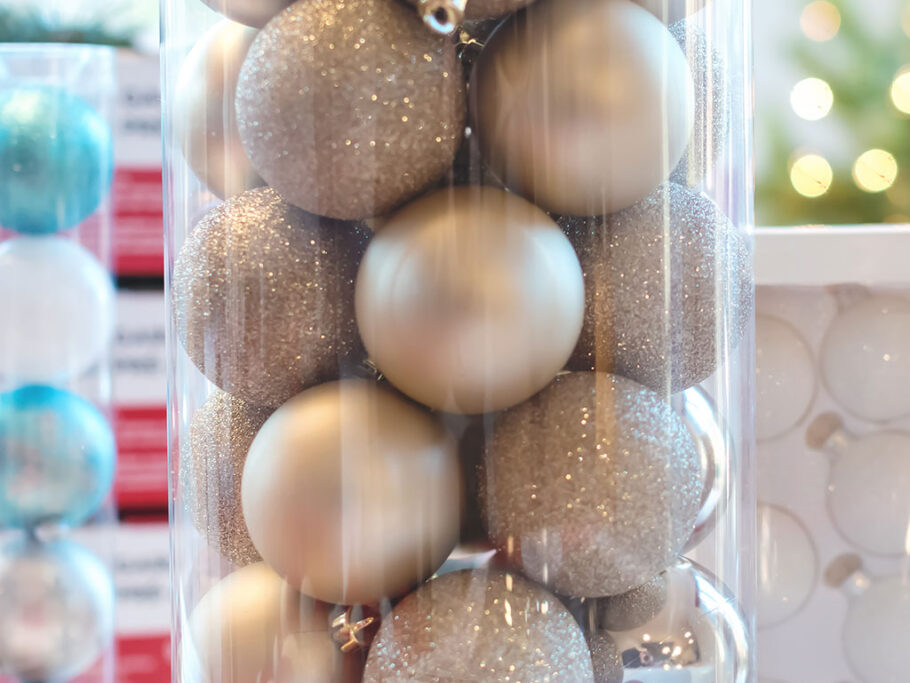The Power of Puzzles
Myles Mellor is one of the top crossword puzzle writers in the world, with over 16,000 puzzles under his belt and fifty published books. He discusses how he became a crossword writer and why people have flocked to crosswords more than ever this year.
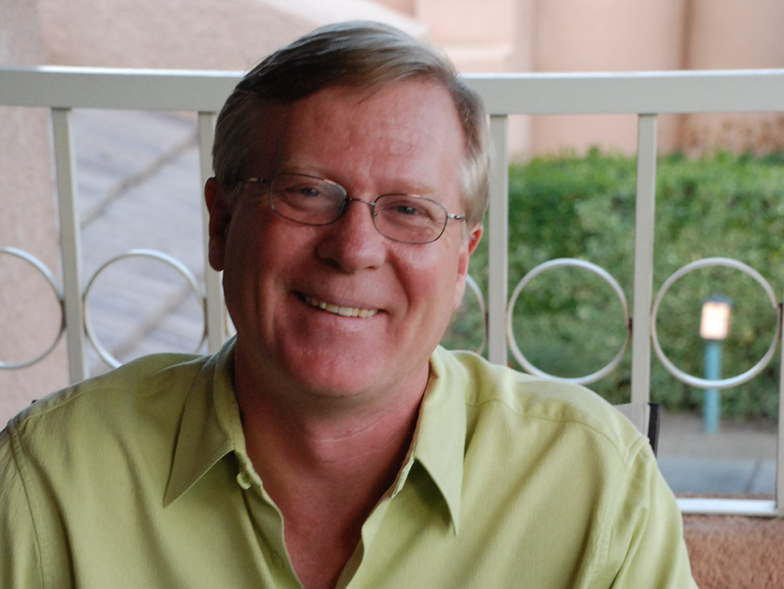
How did you get involved with crossword puzzles?
I’m English but have lived in California the past forty years. My dad was a very keen crossword solver. I’d look at the crosswords with him, and he’d teach me how he did them. However, I didn’t do anything with it until I was around fifty years old.
My mum died twenty years ago, which left my dad pretty depressed. To make him happier across the miles, I started creating crosswords for him using a ruler, a black felt-tip pen, and blank sheets of paper. He loved them: he would do them and then send back the solutions. It was a lot of fun.
He suggested that I try to get them published. So I started sending them out to syndicates and magazines. Absolutely nothing happened; I experienced six months of rejections. My wife, Debby, even told me, “Don’t quit your day job.”
One day, though, I was walking to my office in Glendale and picked up the Orange County Register at a newsstand. I remember very vividly looking at the puzzles inside, which included an email address for David Hoyt, a well-known puzzle writer. I figured maybe he could help me. I called him, and we talked every three months. He liked my idea of themed crosswords and said I needed to get a program to create them, which would also allow me to export files to editors and publishers. Finally, after about a year, I managed to get a couple of puzzles published, and I created a website.
Things then started taking off. Two years later, I was an executive at my company, but I was earning almost as much money creating crosswords on the weekends. From 2002 to 2006, my crossword income doubled every year—by 2006, I was making sixty or seventy thousand dollars in my spare time.
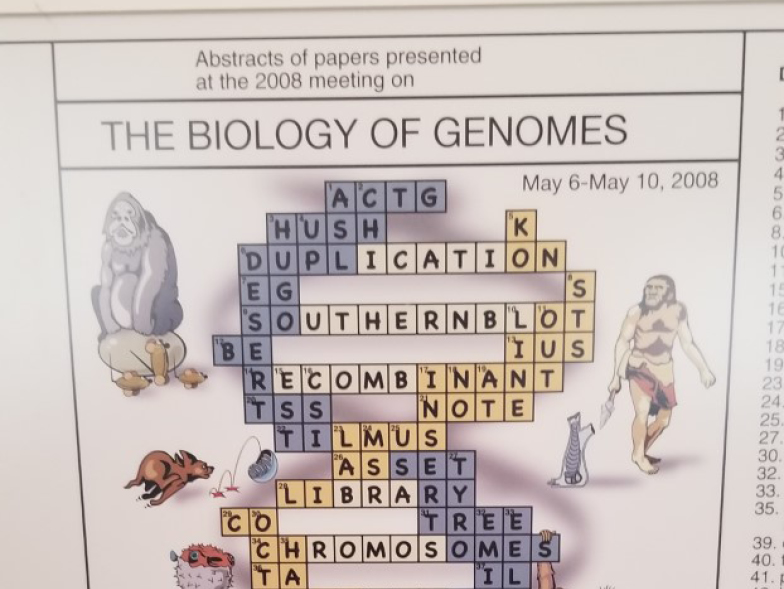
When did you transition to doing crosswords full time?
In 2006, I was quite unhappy at my job. One day, on my way to work, I just turned around, went home, and told Debby that I didn’t want to go into work anymore. She looked at me and said, “Maybe it is time to quit your day job.”
It was a wonderful decision. Right away, I started doubling the number of crosswords I did. Ever since then, I’ve had a very stable, great job that I enjoy and that makes a lot of other people happy.
What kind of feedback do you get?
Most of it is positive, especially over the past several years. The other day, I got an email from somebody saying that she loved my puzzles because they helped her overcome her insomnia. Others say when they aren’t happy, crossword puzzles cheer them up. Many love the challenge.
Occasionally, people will say that I’ll run out of crosswords or that only people over fifty do them. Well, people were telling me that twenty years ago, and crosswords are more popular than ever today. I read that an estimated fifty million Americans do crosswords. In fact, during the coronavirus pandemic, I’ve actually gained more clients than I’ve lost. All this goes to show how much crossword puzzles mean to people.
Were your new books created to help people through the crisis?
Mixed Puzzles Family Pack is totally a product of the pandemic. It includes puzzles, word searches, sudokus, and crosswords of all different levels, plus some cryptograms. That way, the whole family could be involved. After publishing them in Sonoma-area newspapers, the publisher was deluged with emails and thanks. It was exactly what people needed. In these circumstances, puzzles are very useful—they are a bonding experience, a good diversion, and educational. So I decided to publish them on Amazon as a book; it was the first one that I personally published on Amazon. I recently published my second, 150 Easy Peasy Crossword Puzzles, and I’m planning to write another twenty books of my own in the next few months.
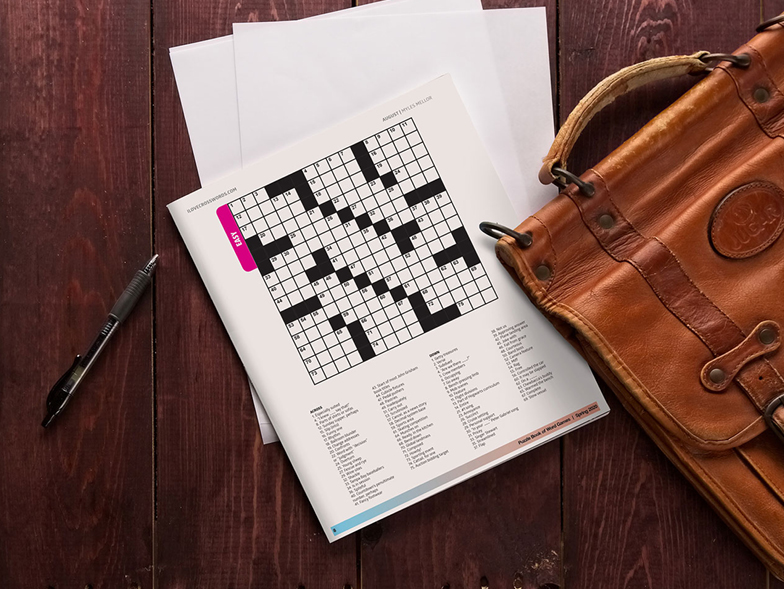
What are some interesting puzzle projects you’ve done?
Two pop into my head. One was for a MasterCard campaign in Canada. It involved a unique crossword, word search, and sudoku. The crossword had 682 clues, all about Canadian vacations. The word search was forty-seven by ninety. The sudoku had twenty-one sudokus interlocking on one page. Canada has three long weekends in summer, and they published one before each of these weekends in every major newspaper in Canada. That was a lot of fun, and it won some awards.
I also had a fascinating experience with a genome group. They told me they needed a puzzle for their journal in the shape of a double helix, so I created one for them.
Are you good at Scrabble?
Yes! Though I now play Wordfeud with my sister in England and my nephew in Michigan. We’re all very sporting about it; it’s very friendly and a fun way to keep in touch.
What’s your key to success?
The top fundamental truth about a crossword writer is knowing who you are writing for and what suits them. You have to give your audience puzzles they can solve.
Another reason I’ve done well is humility. There’s always a willingness to ask “How can I improve?” Courtesy is important, too. I almost always write back to people. I talk to my editor and take feedback to ensure the work is good.
What would your father think of your crossword puzzle venture?
I often think about that, since he died shortly after I started doing this. I think he’d be happy and proud of what I’ve achieved and of the happiness I’ve brought to so many people.

